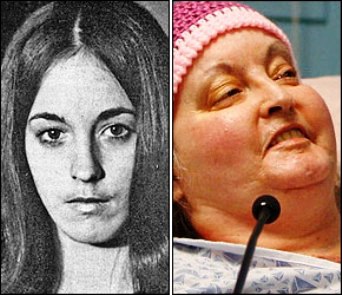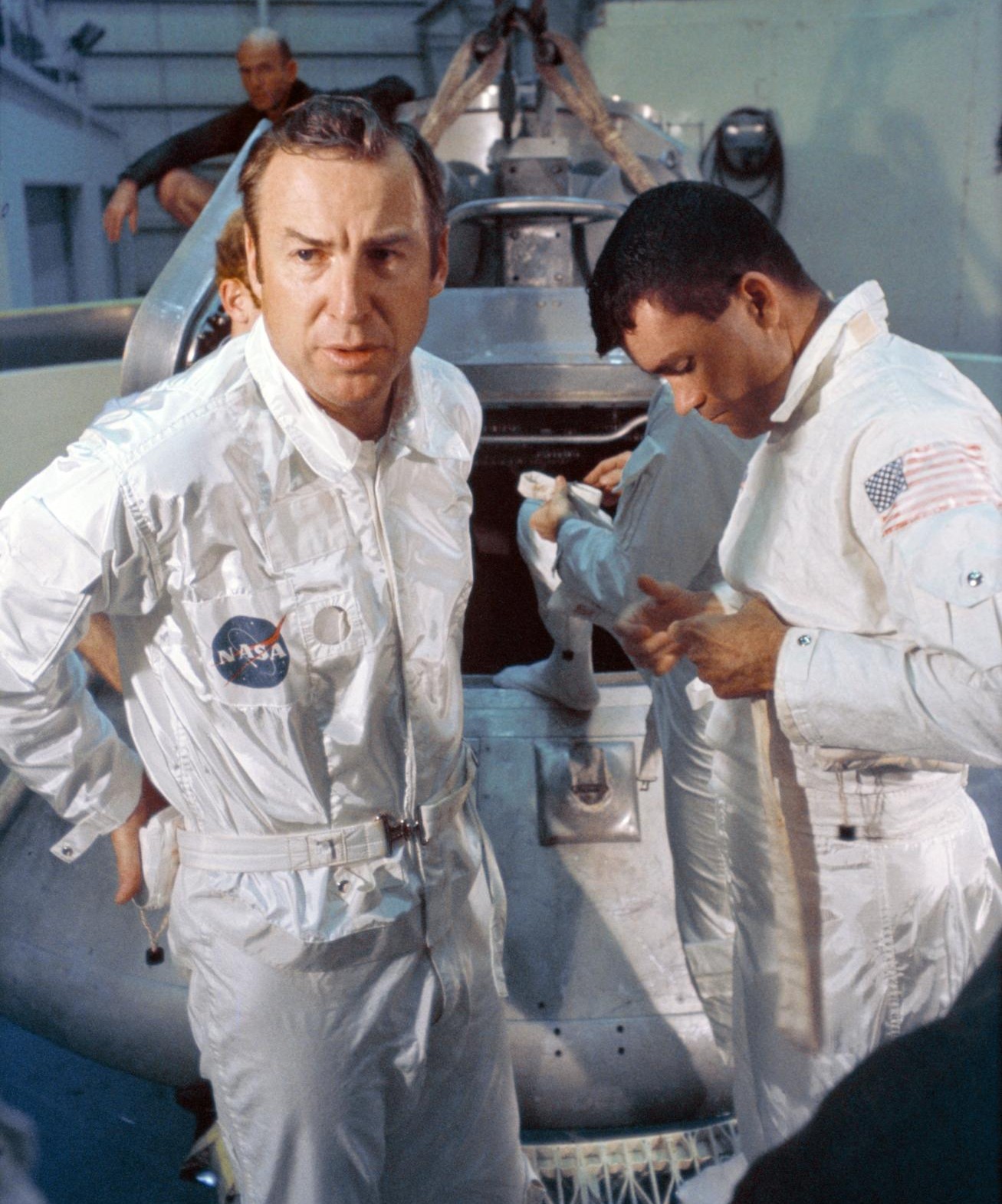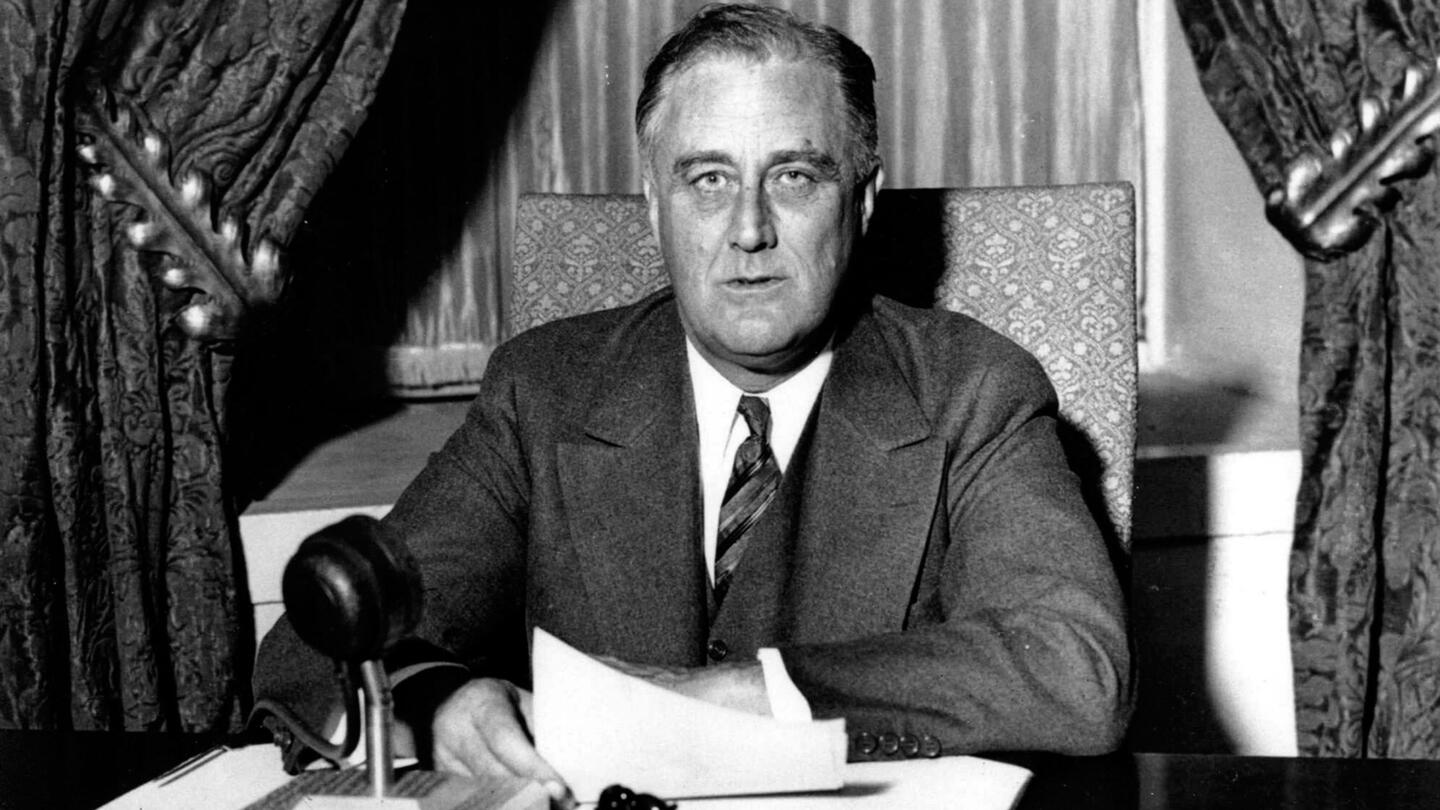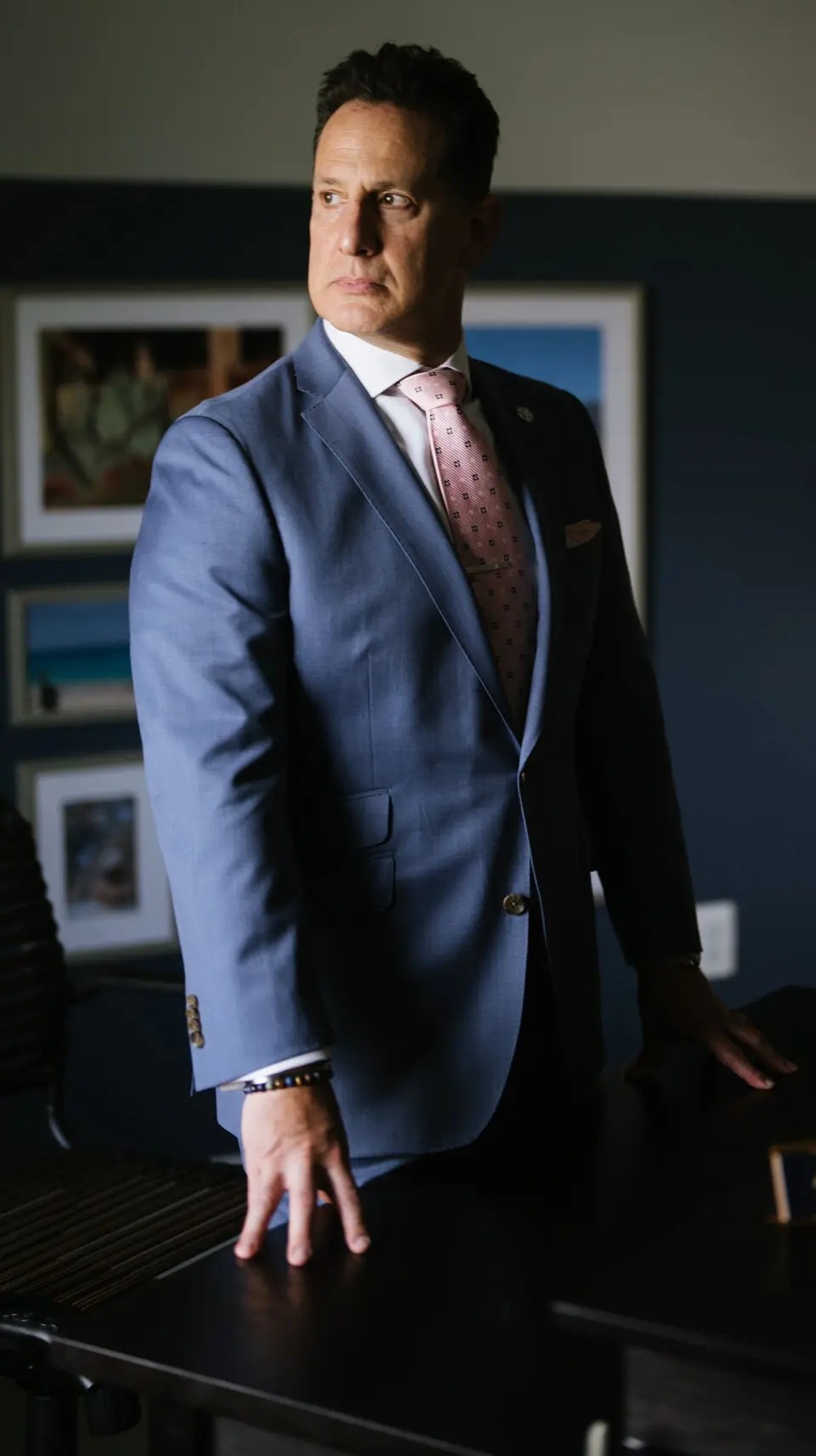Last Friday, I offered an ethical dilemma.
I asked readers to imagine sitting on the California parole board to decide whether to grant convicted murderer Susan Atkins “compassionate release” based on her terminally ill condition.

I asked readers to offer their thoughts before submitting my own conclusions. One comment that repeatedly came up in conversations with friends, “How can you show compassion to someone who showed none for their victims?”
Before providing my own opinion, I offer this story from my book What Do You Stand For?
Peter Westbrook is an Olympic medal-winning fencer who teaches fencing, discipline and much more to inner city kids through his own foundation in New York City.
“When my mother was beaten and killed on a New Jersey bus for no reason… I prayed to the Creator that the person who killed my mother would learn to appreciate other people’s lives more and also her own. When the prosecutor’s office wanted to put her away for many, many years, I disagreed in [the] hope that if she could be remorseful, she could be used better on the outside serving humanity rather than in prison serving no one. I asked for her sentence to be shortened and it was.
“What I also received from my mother’s death is a completion of myself. I have a finer appreciation of sadness, loss, and compassion for others that one cannot understand unless it happens to you. However, most of the time the loss of a loved one through violence makes the person living experience so much anger, pain, and rage that it sometimes destroys them or stifles their growth, physically, mentally, emotionally and spiritually. It had the opposite effect on me. It made me more complete. God is good to me.”
Reading through the comments on my own site, HuffingtonPost, as well as conversations with friends, the votes came down like this: five would deny her parole, keep her in prison; eight would grant her “compassionate release.”
From an ethical standpoint, the issue comes down to a choice between two ethical values: Justice vs. Compassion.
Some might side with Immanuel Kant, the 18th century German philosopher famous for his “categorical imperatives,” pointing out that ethics is duty-based and individuals should “do the right thing” on all occasions regardless of the consequences. However, based on Kant’s absolutist thinking if the Nazis came knocking on your door asking where Anne Frank is, you would be duty-bound to tell the truth. There is no leeway for preventing harm.
Then, there’s the Golden Rule – “What you do not want done to yourself, do not do to others,” Confucius said some 500 years before Jesus Christ.
Whenever friends are concerned about an ethical issue, I often ask them to reverse the situation; asking them to look at it as if they themselves would be the recipient of the proposed action. Frequently, the answer becomes much clearer.
However, the issue of justice looms large in this case.
Not only did Atkins confess to the crimes, but we also heard her own testimony in which one of her victims, Sharon Tate, begged for the life of her unborn child. In spite of this, Atkins killed both mother and unborn child.
“As sad as Miss Atkins looks today,” L. A. County Deputy District Attorney Pat Sequeira said at the parole hearing, “it pales against the crime scene photos.”
Imagining myself as a member of the board, I looked at the photos of all five victims. I had to go outside for some fresh air and brighter thoughts, they were that disturbing.
I’m reminded of something ethicist Michael Josephson wrote: “The fact is that many people do not live by the Golden Rule; they do not treat others fairly, honestly or with compassion. The challenge of an ethically-committed person is to overcome this fact of life and do what is right in spite of, maybe even because of, the failure of others to do so.”
In considering the conflicting interests, those words, “[to] do what is right in spite of, maybe even because of, the failure of others to do so…” as well as Peter Westbrook’s personal story; those are the words I found myself drawn to; those are the words that I aspire to live by.
On that basis, I would grant Susan Atkins request for “compassionate release.” In releasing her, however, I would acknowledge that offering such compassion does not condone or dismiss her actions. It does, I believe, demonstrate our own humanity to those who have not or are incapable of showing humanity to others.
On September 2, 2009, Susan Atkins was denied parole by the state of California.
Comments
Leave a Comment












The past and what took place in 1969 is gone. The pain and grief is beyond words for the victims families. Susan will be accountable for what she did in the end. What difference does it make where she dies, in prison or at home, not to mention the huge bill every month to the state!
I believe Susan should be let go, she has spent over 35 yrs in prison for her crimes. She has cancer is dying and is not a threat to society. She is paralyzed over 85 percent of her body. What harm can she be to society?
Let her go home and die there, Relieve the taxpayers the burden of her H.C. costs. Justice has been done.
If you aren’t willing to forgive Susan Atkins her sins God won’t forgive you your sins either. God is a just God. The Tate family needs to learn forgiveness and move on, so does Mr DiMaria. Yes the crimes were horrible, the victims are not coming back til judgement day. We will all be judged.
I do believe this was a case where a show of campasion was certainly in order.
As I heard it said, Susan Atkins had done everything humanly possible to make ammends for these crimes over the last almost 40 years -where as Charles Manson has sat in his cell and done nothing, not even shown remorse, yet the two have been punished exactly the same.